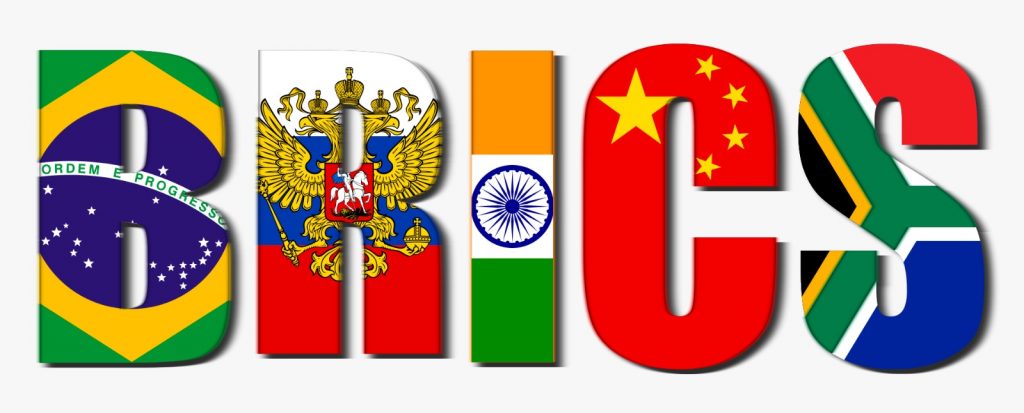Published: October 22,2024
By Gerald Mbanda

The 16th Summit of the BRICS countries is going on in the Kazan city of Russia from 22 to 24 October 2024 is expected to bring together leaders from member countries. The leaders will meet to deliberate on “strengthening Multilateralism for Just Global Development and Security.”
Since there is a war going on between Russia and Ukraine, and the BRICS Summit is taking place in Russia, many news stories in western media suggest that the summit was called by Russian president Vladmir Putin to “gather allies to show West’s pressure isn’t working.” Commenting on the BRICS Summit, Chris Weafer. Founding member of Macro Advocacy a London based consultancy firm told media that,
“It’s a big part of the messaging from the Kremlin that Russia is withstanding sanctions. We know there are severe cracks beneath the surface. But at a geopolitical level Russia has all these friends and they’re all going to be Russia’s partners.”
The above is one of the misconceptions about BRICS by western countries. BRICS came into existence long before the war between Russia and Ukraine at the meeting taking place in Russia is not about the Ukraine factor, but a routine rotational meeting venue as agreed upon by member countries. BRICS came into existence in 2006, with four founding members of Brazil, Russia, India, and China. At this time the block was known as BRIC. The name changed to BRICS after South Africa became a member in 2010.
BRICS countries come together to raise the voices of emerging economies in a skewed global economic and governance trends monopolized by the west. With member nations accounting for about 45% of the world’s population and nearly 28% of the global economy, the significance of BRICS cannot be under estimated. The economies of BRICS countries have a total worth more than $28.5tn, which is about 28% of the global economy.
Emerging economies are not well represented in global financial institutions like IMF and World Bank, pushing the BRICS countries on behalf of emerging economies to find alternative sources of funding for developmental projects. The rules of lending to nonwestern countries is discriminatory with strings attached terms by these Bretton Woods Institutions, defeating the reasons of their creation in 1944, of making globalization work better with the common objective of shared prosperity.
Western countries led by the US consider BRICS member countries of Russia, China and Iran as enemy countries. Any form of meeting that brings these countries together is viewed as intended to counter US influence and interests. To the contrary, the BRICS consider all countries of the world as partners to jointly tackle global challenges and shared development. BRICS countries also work towards shared prosperity, embracing multilateralism and peaceful co-existence.
China has proposes three global Initiatives, namely; the Global Development Initiative, Global Security Initiative and Global Civilization Initiative. I believe that the Kazan Summit will have time to deliberate on how these initiatives can be promoted and put into action by not only BRICS member states but by all countries in the world, which would give assurance of building a unified world in its diversity with a new global order built on multilateralism, mutual trust and respect.
The BRICS Summit in Kazan is not about creating divisions and tension between emerging economies and the west. It is about creating a just world where all nations whether belonging to emerging economies, rich or poor, have equal say and equal opportunities in the global governance system to make the world a better place for human kind.
Gerald Mbanda is a researcher and publisher on China and Africa Development Cooperation
 Africa -China Review Africa -China Cooperation and Transformation
Africa -China Review Africa -China Cooperation and Transformation
